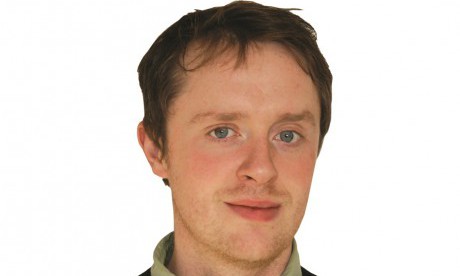Ibn Khaldun offered a cogent explanation of why corruption thrives within close-knit societies.
To everyone’s great shock and surprise, a number of FIFA officials have been arrested on corruption charges at the behest of US law enforcement agencies.
Whatever the outcome of these investigations, it is no secret that FIFA is beset by corruption, which most blatantly manifested itself in the decision to hand the 2022 World Cup to Qatar.
(I think that the decision-making process and the poor safety conditions for workers building the stadiums are enough justification for boycotting the tournament, let alone the country’s appalling apostasy laws.)
But the interesting wider question is why international organisations inevitably become corrupt.
Paul Collier’s book Exodus looks at howgame theory applies in different societies and suggests that international institutions tend to become corrupt because of the influence of a corrupt political culture.
Nigeria, for example, is so riddled with corruption because enough people are corrupt (and it doesn’t have to be that many) that it makes no sense to be an honest person.
For societies to avert this situation, free-riders need to be punished by other individuals acting with the support of the rest of society.
Almost as importantly, those punishers must not be punished in turn, as happens in clannish cultures where people care more about their own family than the well-being of the wider society.
Collier used a study of diplomats in New York to show that, when a group of people from a more honest society and a group from a corrupt one join together, the honest begin behaving like the corrupt.
After a while the Danish and Swedish diplomats, who had assiduously paid all their parking tickets, as one would back home, began ignoring them. After all, everyone else does.
This could be called Steyn’s Axiom, after Mark Steyn’s comments aboutice cream, dog faeces and the UN. It fits perfectly into evolutionary game theory: why would you be honest if everyone around you is on the fiddle? Continue reading
- Ed West is the deputy editor of the Catholic Herald.
News category: Analysis and Comment.




